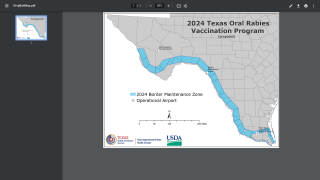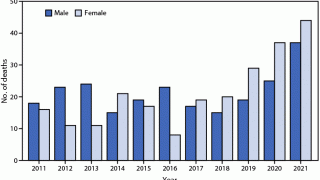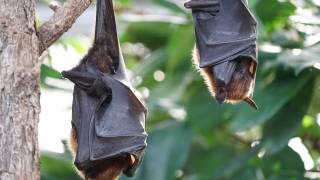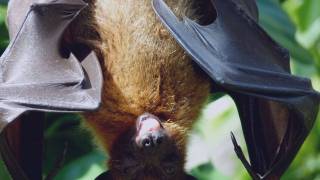Rabid Dogs Reported in Haiti

According to a recent U.S. CDC announcement, the Caribbean country of Haiti has been confronted again with an outbreak of dogs infected with the rabies virus.
The CDC issued a Watch - Level 1, Practice Usual Precautions alert to international travelers of their potential health risks on May 5, 2022.
The CDC says ‘To prevent contracting rabies while in Haiti, travelers should avoid all contact with dogs and cats. Rabid dogs may be infectious for several days before showing signs of rabies.’
And seek immediate medical attention for any animal bite or scratch that may occur during your visit.
Rabies is a viral disease that affects mammals' central nervous system (brain and spinal cord). According to the CDC, it is mainly spread through bites and scratches from infected animals such as dogs, cats, bats, raccoons, skunks, and foxes.
In 2021, the CDC banned the importation of dogs from certain at-risk countries.
However, bats are the common source of rabies infections in the USA, not dogs.
In 2018, 54 U.S. jurisdictions reported 4,951 cases of rabies in animals and three cases in humans to the CDC.
In early March 2022, Garrett County Health Department in California reported the first case of laboratory-confirmed rabies in the USA. This case occurred in the Oakland Deep Creek Lake area and involved a gray fox attacking a person.
French scientist Louis Pasteur discovered the first successful vaccine for rabies in the late 1800s.
Today, two interchangeable rabies vaccines are U.S. FDA licensed and available in the U.S. Both vaccines contain inactivated rabies virus.
The HDCV vaccine (Imovax, Sanofi Pasteur) is produced in human diploid cell culture. And the PCECV vaccine (RabAvert, Novartis) is produced in chick embryo cell culture. Both types are considered equally safe and effective.
The primary vaccination with either type of rabies vaccine consists of three deltoid intramuscular doses and one daily injection on days 0, 7, and 21 or 28.
And a booster dose is suggested as often as every six months to two years for persons at the highest risk for exposure to the rabies virus.
Vax-Before-Travel publishes fact-checked research-based travel vaccine news.
Our Trust Standards: Medical Advisory Committee
























